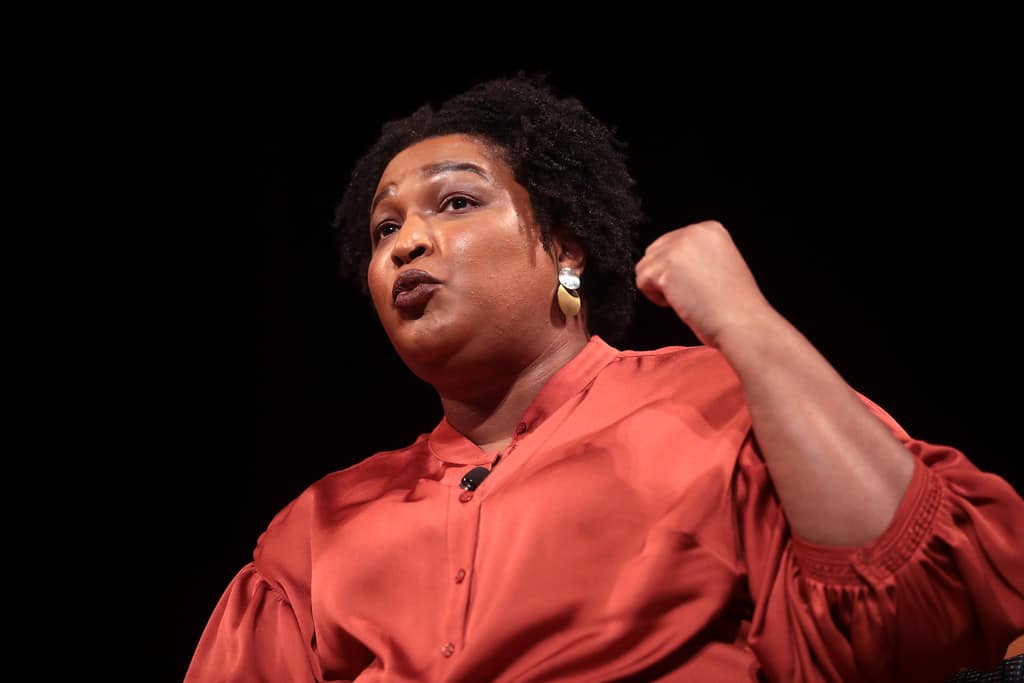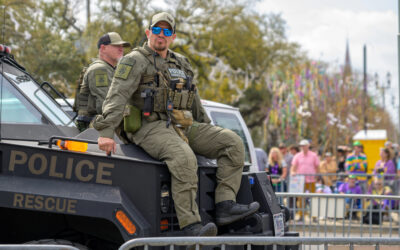Should the law do more to punish persons who falsely assert that an election was rigged or stolen? That’s a demand being heard from some academics and officials. But any general attempt to legislate against so‐called election denial soon runs into the First Amendment.
To begin by conceding the exceptions: it’s perfectly true that some false statements about election outcomes lack First Amendment protection and can land you in legal trouble under current law. The list starts with statements that the law might view as defamation: that’s why the Dominion voting machine company can and has sued media outlets over false allegations that its machines stole votes in the last election. Nor does the First Amendment generally protect election falsehoods advanced in various official contexts, as when (to use two examples from the rich vein provided by Trump lawyering) someone files a false paper with an agency or court, or breaches a professional obligation applying specifically to lawyers.
Election talk assuredly can face legal sanction when it takes the form of threats against or harassment of election workers, provided it fits into the “true threat” or “incitement” exceptions to First Amendment protection. Those exceptions are narrower than many imagine, however: to count as unprotected incitement, speech needs to be directed to stirring (and be likely to stir) lawless action that is imminent, not just eventual. Last year lawmakers in Washington, despite urgings from Governor Jay Inslee, declined to pass a bill forbidding candidates from making knowingly false statements about an election’s legitimacy that led to later lawlessness.
A quote in The Washington Post last month from Michigan Secretary of State Jocelyn Benson showed scant awareness of these distinctions. “Individuals who intentionally spread misinformation that then leads to threats or worse targeting election officials,” Benson claimed, “are just as culpable and should be held culpable just as those who are actually exercising the threats themselves.” It needs to be stressed that aside from the requirement that the lawless harm be imminent, the current First Amendment standard also requires that the speaker intend the lawless harm that results, not simply tell a knowing untruth.
Like much journalism on this topic, the Post piece does not linger on fine distinctions between speech that is merely obnoxious and socially destructive, and speech that is unprotected as a First Amendment matter. It says “beleaguered election officials want to see action against those spreading lies,” and quotes Michael Siegrist, town clerk of a Detroit suburb:
“Someone’s going to have to bring some charges against some folks,” he said. “This notion of, ‘I’m going to come in and try to re‐litigate an election afterwards in the court of public opinion,’ especially if it relates to a scheme to overturn the validity of an election—that stuff just needs to have consequences.”
Well, we can give Siegrist credit for being right as regards his incidental point. The law can indeed attach consequences to a “scheme to overturn the validity of an election,” at least when that scheme involves certain overt acts such as the filing of a false official paper. What the law can’t attach consequences to, consistent with the First Amendment at least, is an effort, however batty or malicious, to “re‐litigate an election afterwards in the court of public opinion.”
As I’ve had occasion to note several times lately, proposals to curtail what is called disinformation about elections “can curtail legitimate speech and give the government power it’s likely to misuse.”
This article was originally featured at the Cato Institute and is republished with permission.
































